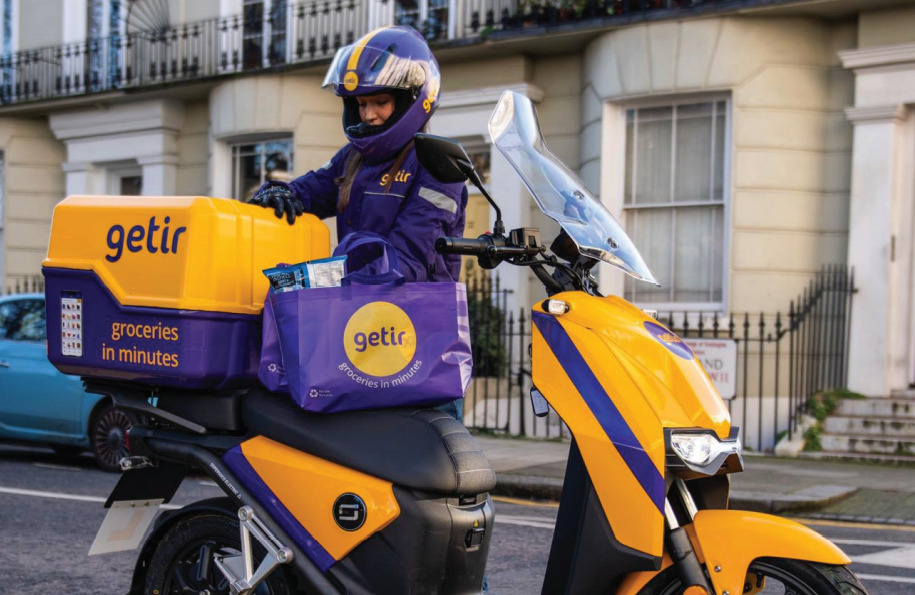Convenience stores are outperforming fast-track grocery delivery services on price and customer service, according to new analysis.
The news comes as it was revealed Turkish company Getir is now worth more than Deliveroo with a valuation of more than £3bn.
Getir’s app offers more than 1,500 products and delivery within minutes, any time from 8am to midnight. In addition, customers are able to capitalise on deals and promotions, including a free first shop worth up to £15.
Last month, experts claimed it represented “the biggest threat to convenience stores.”. However, a comparison of 32 top-selling grocery, impulse and alcohol lines offered by Getir and wholesaler Booker revealed independent stores were more competitive.
The total shop on Getir totalled £52.78, with Booker’s recommended retail prices being nearly £4 less at £48.83.
Retailers report loss of access to Uber Eats range
Retail expert, Graham Soult said smaller stores also have an “advantage over newcomers like Getir” due to their being “deep-rooted in their communities”.
“People got a taste of experiencing quick deliveries during the pandemic and this isn’t going away anytime soon,” he added. “By definition convenience stores are better placed to offer home delivery services because they know their customers a lot better,” he explained.
Soult said for stores to add a personal touch whenever they can during the ordering process to stand out. “For example, they can send a direct text if they don’t have a particular product and need to find a replacement.”
Stores were also advised to learn from Getir’s tactics to grow their own delivery businesses.
The company flyers outside high-footfall points at key times to win business, such as outside train stations when commuters are on their way home.
PayPoint and Snappy Shopper announce home delivery partnership
Getir also delivers goods in stylish, branded and reusable tote bags that, if copied by local shops, could help drive customer awareness and return purchasing.
Aside from Getir, retailers are also facing growing competition in the category from companies that launched in the last year including Grocermania, Gorillas, Weezy, Dija, Fancy, Zapp, Genie, Jiffy and Zoom! 1hr.
Most of the companies are operating from ‘dark shops’ – small units closed to the public that are used as local delivery hubs.
Rather than compete on these new firms’ strengths – speed of delivery and geographic coverage, Soult advised small shops focus on developing their own specialisms.
“Local shops need to keep evolving, especially if they are faced with new competition. If you want to be a successful retailer you can’t lose sight of what it is that makes you special and unique. Stores need to bottle that, and refresh it in a way that keeps delighting and pleasing their customers.
Read more news and articles about digital trends in convenience retail



Comments
This article doesn't have any comments yet, be the first!